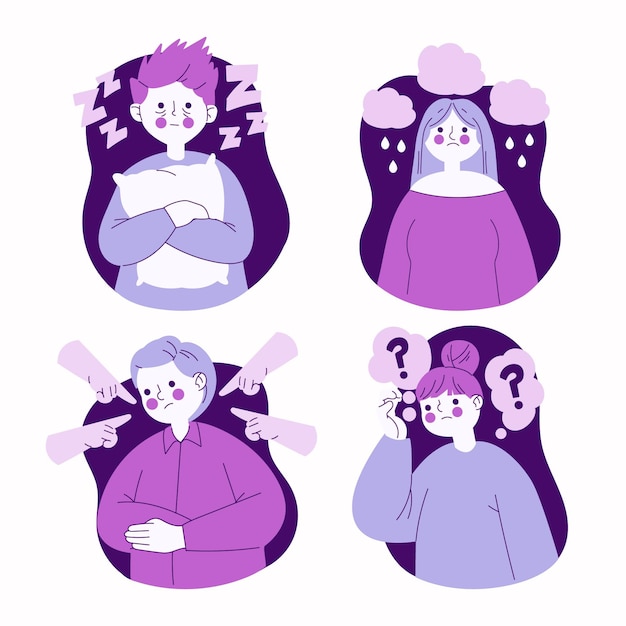Have you ever heard of HALT strategies? If you’re a parent or caregiver of young children, you might find them incredibly helpful in managing your child’s behavior. HALT stands for Hungry, Angry, Lonely, and Tired. These are four common triggers for challenging behaviors in children and adults alike.
The idea behind HALT is that when a child is feeling hungry, angry, lonely, or tired, they are more likely to act out or exhibit challenging behaviors. By recognizing these triggers and addressing them, we can help prevent these behaviors from happening in the first place.
Let’s take a closer look at each of the HALT triggers and how they can affect young children.
Hungry:
Have you ever noticed that your child seems to act out more when they’re hungry? It’s not just your imagination! When a child’s blood sugar drops, they may become irritable, restless, and even aggressive. To prevent this, make sure your child is getting regular, healthy meals and snacks throughout the day.
Angry:
Children often lack the language skills to express their emotions in a healthy way, which can lead to frustration and anger. When a child is feeling angry, they may lash out physically or verbally. To address this trigger, help your child learn to identify and express their emotions in a healthy way. You can also teach them calming techniques, such as deep breathing or counting to ten.
Lonely:
Children need social interaction and connection to thrive. When they feel isolated or lonely, they may act out to get attention or feel a sense of belonging. To address this trigger, make sure your child has opportunities to connect with others, whether it’s through playdates, sports, or other activities. You can also create a sense of connection and belonging at home by spending quality time together and expressing love and affection.
Tired:
Just like adults, children can become grumpy and irritable when they’re tired. Lack of sleep can also affect their ability to concentrate and regulate their emotions. To prevent this trigger, make sure your child is getting enough sleep each night. Stick to a consistent bedtime routine and limit screen time before bed.
By being aware of the HALT triggers and addressing them proactively, you can help prevent challenging behaviors in young children. It’s important to remember that every child is different, and what works for one may not work for another. Be patient and keep trying different HALT strategies until you find what works best for your child.
For more parenting tips click here.

